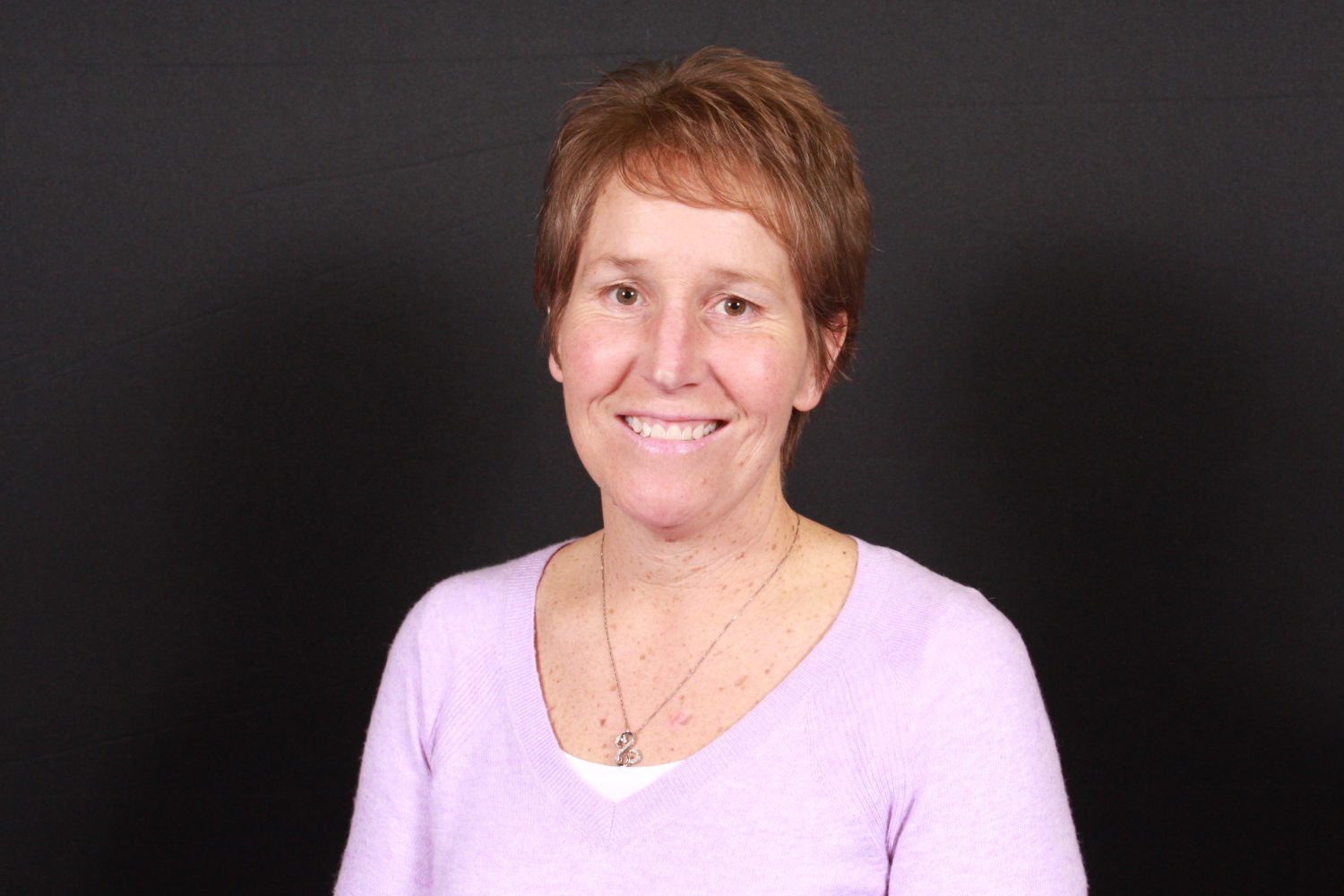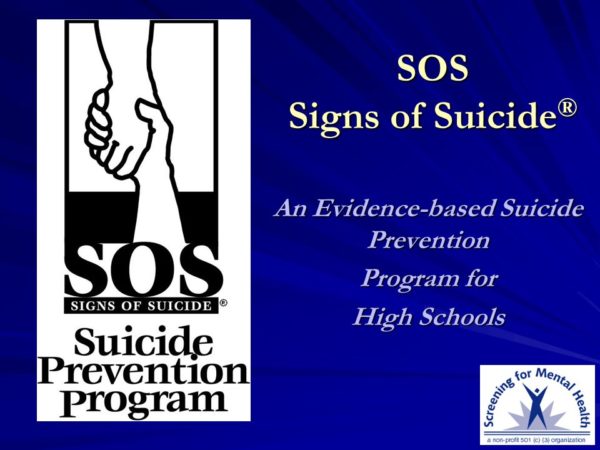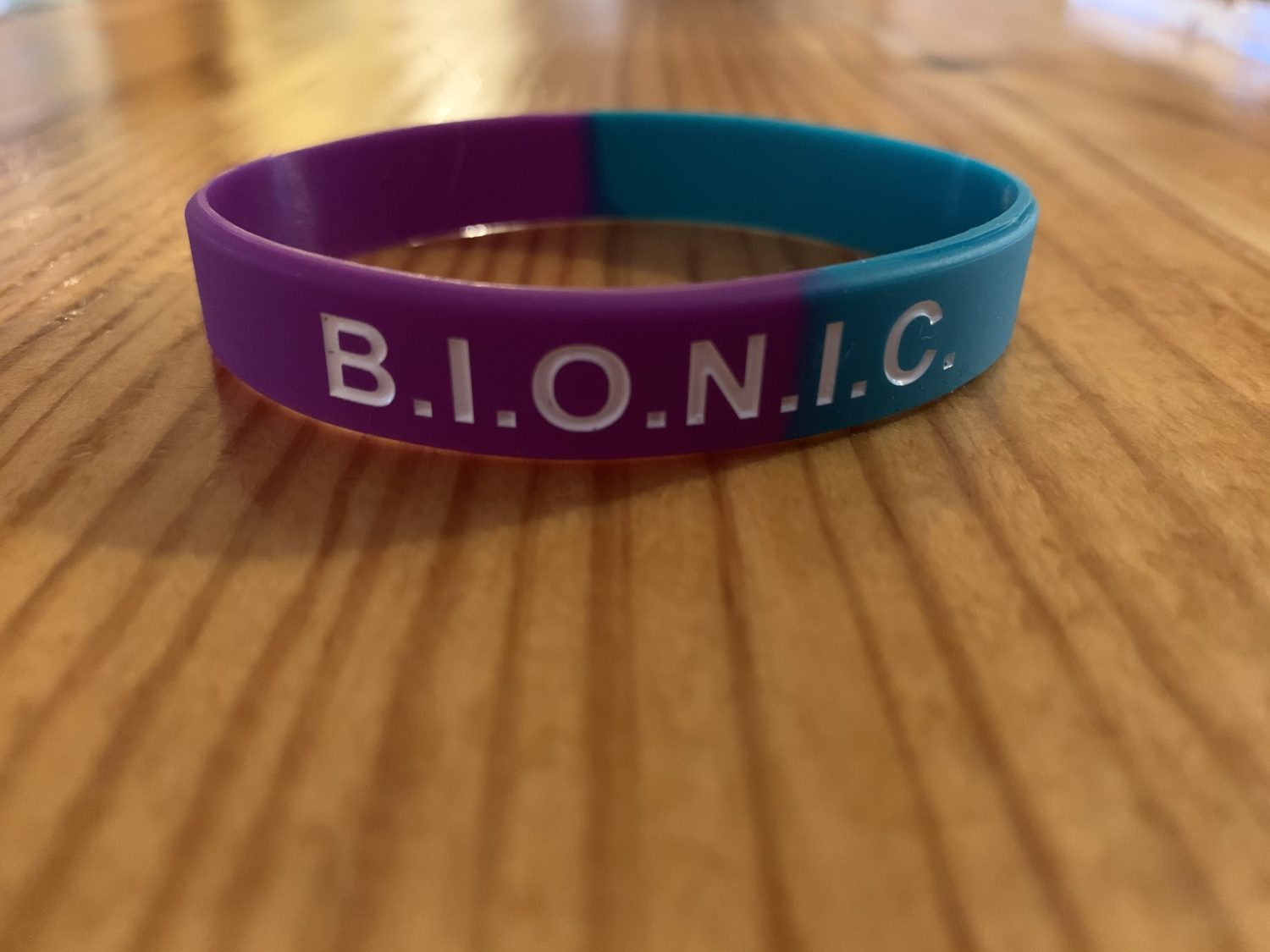Let’s be honest: many of us dread the holidays. As much as we love our families, we kind of dread the idea of seeing those “extended” family members and rehash some of the old stories, or arguments, or even grudges. Some might dread the holiday season because the pain of being cut off from family becomes all the more real during a time when others seem to revel in reunions with family near and far. When others seem to be experiencing so much joy, how do you cope with your own pain – or pains in the you-know-what?

Instead of dread, I would challenge each of us to approach the holiday season with a sense of gratitude. How, you might ask? How in the world can you experience gratitude if you have recently experienced loss, for instance. How might one experience or express gratitude, especially if you are lonely and isolated from family? Well, great questions – let’s explore how to shift the mindset from dread and sadness to gratitude and peace:
- Be intentional: It is so important to be deliberate about thinking about anything for which you are grateful. It could be the smallest thing, such as the sun peaking out for a brief moment, or something bigger. Whatever it is, being intentional about finding something to be thankful for is an effort to be made, every single day.
- Be gentle with yourself: Remember these are difficult times, for all the reasons you can list. Give yourself grace and patience. If you are a little more teary, then so be it. If you are extra tired, then let yourself rest. You will not always be this way, so be your own best friend and take extra care of yourself during this time.
- Find the good: If you find your brain wandering off into a bad place or if you feel like you are going into “woe is me” mode, then switch into finding the good. What is good RIGHT NOW? What good happened today? What good is coming up? Look around you and find the good in your space. However and wherever, find the good.
- Get out: At least once per day, as you are able, get outside. Even if it is to walk to the mailbox or the end of the road, get outside. Even if it’s cold. Even if it’s dark. Get outside and feel the brisk air, the wind, the snow (?). Look at the lights in the dark and how they brighten up the skyline. We all do better when we breathe some fresh air, even if briefly. So GET OUT!
- Move your body: Walk around your space inside or go to the mall and walk around. Or walk around Walmart! It doesn’t matter where you go, it only matters that you move. You can even dance in your room if that feels better. Moving your body at least once a day can help lift your spirits and your mood.
- Reach out: Find someone or somewhere to connect with others. It could be through an online group, or through a local church, or even with someone you haven’t seen in a while. Reaching out to others and making that connection can help lighten the load during this holiday time. Take advantage of the goodwill people are likely to offer!
- Relive happy times: Have some positive memories from childhood Christmases? Holiday traditions which have gone away? Perhaps there is something you’ve always wanted to experience but never have. Well, DO IT! Watch that movie, or go see that light display, or go to the community event.
- Embrace the memories: Many times, we try to avoid memories of those we have lost because we miss them so much. Instead, I challenge you to embrace the memories; let yourself remember all of those wonderful times. They don’t cease to exist because the person is gone or no longer in your life. Relish the memories, and then make a commitment to yourself to create new ones with the people in your life now. Or better yet, make a commitment to create new memories with YOU!
- Give others grace: We know the holidays can be stressful for everyone. Be patient with those around you and remember that others may be struggling too. Even those hard-to-handle family members need a little extra love during this time. Remind yourself to extend some goodwill their way while maintaining good boundaries so you protect your own mental health at the same time!
- Be still: Find the peace in each day. Allow yourself a moment (or 10) to sit still, to be quiet, to take some deep breaths. Simply let yourself BE. Give yourself permission to stop running and sit peacefully. You might be surprised what “good” you find 😊

Erin Schaefer, PCC-S, IMFT-S, is the Executive Vice President/Executive Director at Catalyst Life Services. She received a masters in Marriage and Family Therapy from Pacific Lutheran University in 1997 and a masters in Marriage and Family Therapy/Counseling in 2002 from the University of Akron. Erin has worked in community mental health for over 20 years. She was also director of Ashland Parenting Plus, a small nonprofit agency focused on teen pregnancy prevention, juvenile diversion, and parent education. She served on the board and as president of the Ohio Association for Marriage and Family Therapy and also on the board of directors of the American Association for Marriage and Family Therapy from 2011-2013, and is currently the Treasurer. She has been a member of AAMFT since 1997 and is a Clinical Fellow. Erin is a Catalyst for Empathy.






 Erin Schaefer, IMFT-S, LPCC-S is the Director of Operations at Catalyst Life Services. She received a Masters in Marriage and Family Therapy from Pacific Lutheran University in 1997 and a Masters in Marriage and Family Therapy/Counseling in 2002 from the University of Akron. Erin has worked in community mental health for over 20 years. She was also director of Ashland Parenting Plus, a small nonprofit agency focused on teen pregnancy prevention, juvenile diversion, and parent education. She served on the board and as president of the Ohio Association for Marriage and Family Therapy and also on the board of directors of the American Association for Marriage and Family Therapy from 2011-2013. She has been a member of AAMFT since 1997 and is a Clinical Fellow
Erin Schaefer, IMFT-S, LPCC-S is the Director of Operations at Catalyst Life Services. She received a Masters in Marriage and Family Therapy from Pacific Lutheran University in 1997 and a Masters in Marriage and Family Therapy/Counseling in 2002 from the University of Akron. Erin has worked in community mental health for over 20 years. She was also director of Ashland Parenting Plus, a small nonprofit agency focused on teen pregnancy prevention, juvenile diversion, and parent education. She served on the board and as president of the Ohio Association for Marriage and Family Therapy and also on the board of directors of the American Association for Marriage and Family Therapy from 2011-2013. She has been a member of AAMFT since 1997 and is a Clinical Fellow